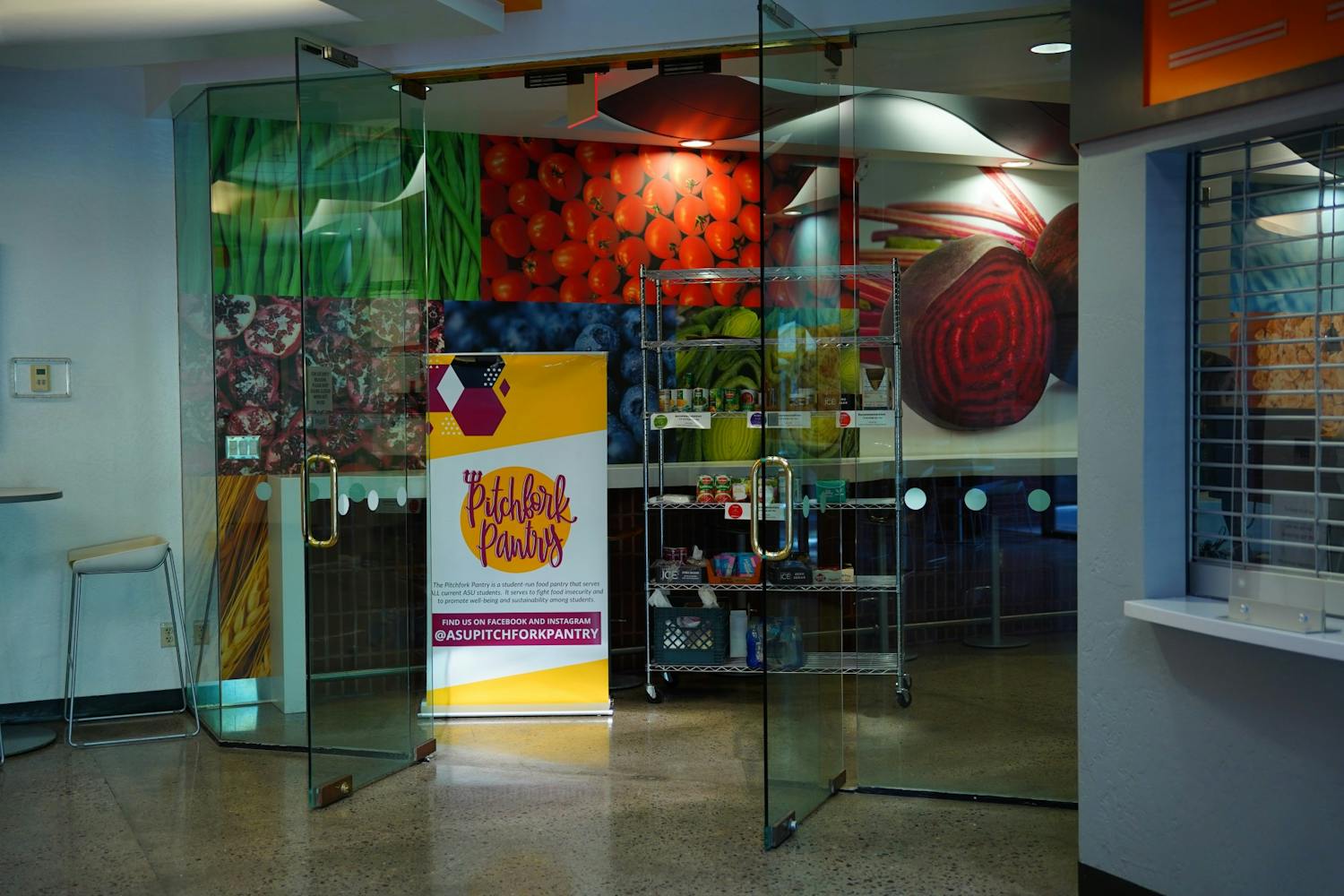I love free food. Samples at Costco, restaurant grand openings, you name it. And pep rally days on the Downtown campus? Don’t even get me started.
But as a journalism student, I’ve come to accept that I can’t always indulge. The Society of Professional Journalists Code of Ethics contains an “Act Independently” clause. And part of it specifies that journalists should “refuse gifts, favors, fees, free travel and special treatment.”
So no matter how alluring the promise of free food at a new restaurant’s media reception is, I have to maintain journalistic integrity and decline any offers.
This is something I accept. It makes perfect sense in terms of journalistic traditions — we must avoid both real and perceived conflicts of interest.
That means if an accidental death goes down at that new restaurant, I can’t refrain from an investigative safety report because they gave me a free burger.
But it also means that if that death really was a complete freak accident, I can’t appear to be simply avoiding the investigative angle. And to readers who saw the owners schmoozing it up with me last week, that’s what it might just look like.
From a journalistic perspective, this makes sense. However, it suggests a lot about our society.
First off, it implies a lack of integrity. Just yesterday, another News Corp. employee was arrested for taking bribes from police, according to a Bloomberg article.
And the integrity void doesn’t stop with journalists. The Escapists reports that as Blockbuster succumbs to Netflix, it’s public relations people have made some questionable moves. A tweet sent to several journalists offered a free year-long subscription in return for a Twitter declaration of Netflix abandonment.
This rule implies that trust is running low, too. Not all journalists are unable to separate an appreciation of gifts from a news story. To suggest that one loses all objectivity once they’ve received one free gift is absurd.
If I like Starbucks, then I like Starbucks. It doesn’t matter if I paid four dollars for a Salted Caramel Mocha Frappucino, or got it for free. It doesn’t impair my ability to question how they obtain their coffee.
Perhaps more than a lack of trust or honesty, the anti-gift clause illustrates nothing more than an overwhelming significance our culture has placed upon gifts.
The need to turn gifts down is so great that the code devotes a whole sentence to it, and my journalism ethics course devotes a whole two days to that sentence.
But at the same time, more than a few journalists must be indulging. Would public relations people keep putting together “media nights” and gift bags for no one?
The ongoing war between public relations employees and journalists suggests that gifts really do wield power.
If journalists were to maintain true objectivity, they’d leave their homes for nothing but journalism. Consumption of any good could lead to appreciation. Apparently, that’s dangerous, since journalists are perceived as unable to separate truth from enjoyment.
But that’s not the case; the emphasis lies disproportionately on gifts. No one tells Diane Sawyer she can’t have a Big Mac. Society assumes that as long as she pays for it, she’s fair. But as soon as she saves the four bucks, it’s a different story.
Reach the columnist at algrego1@asu.edu
Click here to subscribe to the daily State Press newsletter.



